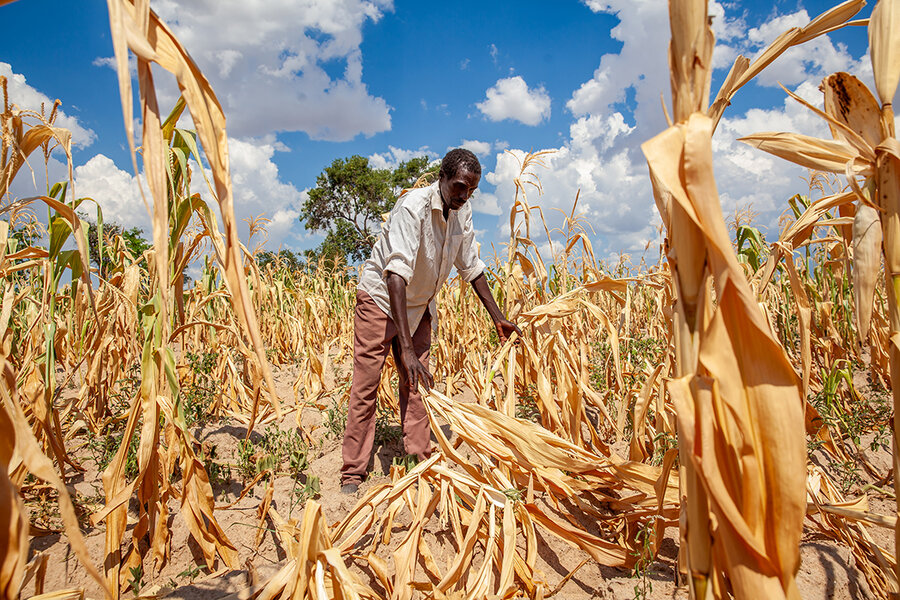In the face of sporadic armed conflicts and the severe impacts of climate change, the United Nations has raised alarm over the escalating hunger levels in several “critical hotspots,” according to a report released recently.
The report calls for urgent action to curtail worsening starvation in at least 18 countries worldwide, including Mali, Gaza, Haiti and South Sudan.
The impacts of the climate change have been exacerbated by the phenomena of El Niño and La Niña which have contributed to the current heat waves in countries such as Nigeria and various southern-African nations.
Farmers in Southern Africa, severely affected by extreme drought, have lost on average at least half of their crops, leading to widespread hunger and starvation.
Compounding crises
The overlapping shocks of insecurity and climate change are compounding the severity of acute food insecurity for millions. Communities in the highest-concern hotspots are facing, or are projected to face, starvation and catastrophic conditions.
The number of people facing starvation and death is expected to nearly double between June and July as food prices soar, and armed conflicts further increase.
Further compounding the crisis is the anticipated 2024 La Niña conditions which could worsen the hunger situation in affected countries following the devastating impacts of El Niño.
Cindy McCain, Executive Director of the World Food Programme, has called for renewed political will and resources to address the crisis. She stressed the urgency of implementing proven solutions on a large scale to prevent further loss of life due to starvation and climate change.
“We must act now to stop these hotspots from igniting a firestorm of hunger. We have proven solutions, but we need the resources and the political will to implement them at scale before more lives are lost,” McCain stated.
The United Nations has issued a warning about rising hunger levels in at least 18 countries, including Mali, Gaza, Haiti, and South Sudan, due to the combined effects of armed conflicts and climate change. The situation is worsened by extreme weather phenomena like El Niño and La Niña, leading to heat waves and severe droughts, particularly in Southern Africa, where farmers have lost half their crops.
The compounded crises of insecurity and climate changes have led to acute food insecurity, with the number of people facing starvation expected to nearly double as food prices rise and conflicts persist. The anticipated La Niña conditions in 2024 could further exacerbate the hunger crisis.
Cindy McCain, Executive Director of the World Food Programme, stressed the urgency for political will and resources to implement proven solutions to prevent further loss of life. She emphasized the need for immediate action to stop the escalation of hunger in these critical hotspots.






